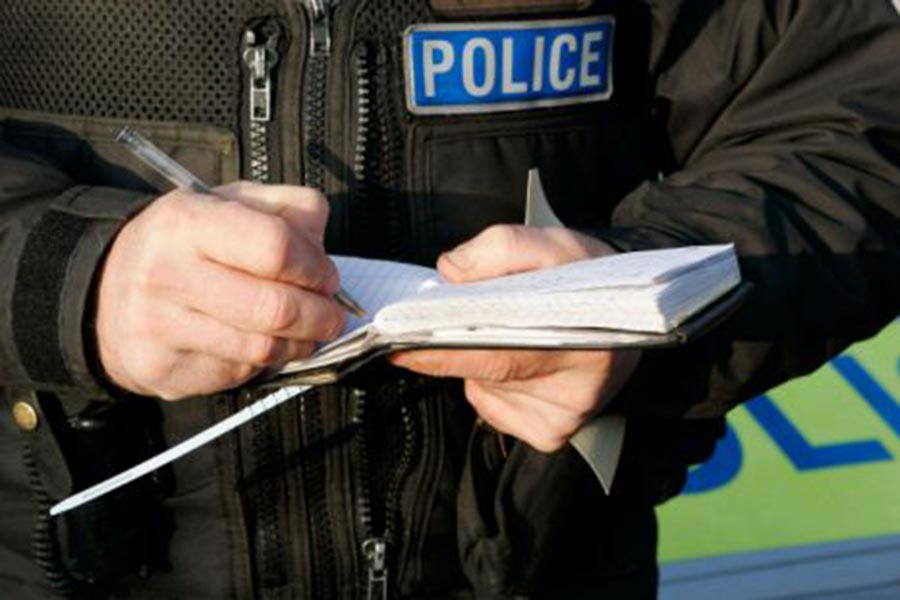It was a crime that jolted the city.
On Sept. 11, two gay men were walking in Center City to get pizza when a group of about 10 people approached from the opposite direction, and someone in the group asked if the men were a couple.
One of the men responded affirmatively, words were exchanged, then three people in the group punched the couple in the face, head and chest.
The victims sustained multiple injuries, requiring transportation to the hospital. One suffered two broken cheekbones, and his jaw was wired shut for about two months. The prosecutor trying the case indicated in court that the incident was motivated by antigay bias, and City Council quickly enacted tougher penalties for crimes based on anti-LGBT bias.
But the Sept. 11 incident won’t be included in the FBI’s annual hate-crimes report because Philadelphia Police didn’t report it as a bias incident to the Pennsylvania State Police.
According to state law, local police departments are required to report all confirmed bias incidents to the state police on a monthly basis. The reports are posted on the state police website. By April 10 of the following year, state police forward the information to the FBI for inclusion in its annual hate-crimes report.
The only bias incident reported by local police for September was an “anti-Jewish” incident that took place at a grocery store, according to state police records.
Lt. John Stanford, a Philadelphia police spokesperson, didn’t reply to calls and emails seeking comment.
FBI spokesperson Stephen G. Fischer Jr. said it’s not too late for the Sept. 11 incident to be reported to the FBI for inclusion in its internal database, though it still would not appear in the published report.
“The Pennsylvania State Police can continue to submit any outstanding 2014 hate-crime data until mid-December 2015,” Fischer said in an email. “The [Sept. 11] incident could be uploaded into our database and will then reside in the historical hate-crime master file for statistical accounting purposes.”
On average, Philadelphia Police report one bias incident annually on the basis of sexual orientation.
For years, LGBT advocates have expressed concern with the quality of bias-incident data gathered and disseminated by local police.
“The best way to reduce hate crimes and other bias incidents is to understand how they happen, when and where they happen and how often they happen,” said Ted Martin, executive director of Equality Pennsylvania. “That’s why it is critical that law-enforcement agencies have accurate and timely reporting. Information and education are what we need to end hate crimes, and law enforcement is the only way to make sure we have those tools.”
Trooper Adam M. Reed, a state police spokesperson, said state police monitor the reporting of all offenses to its uniform crime-reporting program, including bias incidents. He said state police will work with law-enforcement agencies that don’t report any bias incidents to help ensure compliance with state law.
“In those cases, we would reach out to the law-enforcement agency to bring the problem to their attention,” Reed explained. “In every case I’ve been made aware of, the law-enforcement agency has gone to great lengths to rectify the problem.”
The FBI also offers training to law-enforcement agencies that aren’t reporting bias incidents in a reasonable manner, according to its website.

